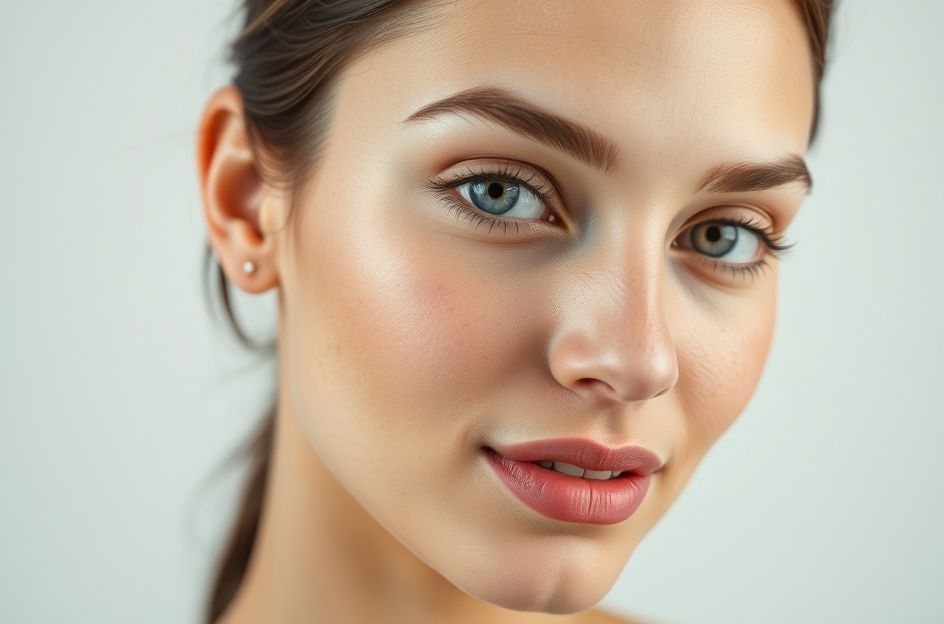Acne, commonly known as pimples or zits, is a widespread skin inflammation affecting a significant portion of the US population. While often associated with puberty due to hormonal changes, acne can persist for years and affect people of all ages.
**Causes of Acne**
The exact causes of acne are still under investigation, but research suggests a combination of factors is at play:
* **Genetics:** A predisposition to acne can be inherited.
* **Skin Irritation:** External irritants can trigger breakouts.
* **Anabolic Steroids:** Use of these synthetic hormones can exacerbate acne.
* **Stress:** Stress hormones can stimulate oil production, leading to acne.
* **Exposure to Certain Chemicals:** Some compounds, like chlorinated dioxins, may contribute to acne development.
**Acne Treatments**
While many teenagers experience a natural reduction in acne in their early twenties, others require treatment to manage or eliminate it. Proven treatments include:
* **Exfoliation:** Removing dead skin cells through scrubs, cloths, or chemical exfoliants helps unclog pores and prevent buildup.
* **Antibiotics:** Both topical and oral antibiotics are used to combat acne. Topical antibiotics target bacteria on the skin’s surface, while oral antibiotics regulate cell behavior and reduce oil secretion.
* **Hormonal Treatments:** Primarily for women, oral contraceptive pills containing estrogen and progestogen can help regulate hormones and reduce acne. In some cases, dermatologists may inject cortisone directly into large pimples to reduce inflammation.
**Advanced Acne Treatments**
Dermatologists now employ advanced treatments like laser surgery to address both acne scars and active acne. Laser treatments can target sebaceous glands and follicles, reducing oil production and killing acne-causing bacteria. This is typically reserved for severe cases.
**Treating Acne Scars**
Severe acne can leave behind scars that are difficult to treat. While complete removal isn’t always possible, various treatments can lessen their appearance:
* **Dermabrasion:** This procedure removes the top layer of skin using a high-speed brush, making scars less noticeable. Multiple treatments may be needed.
* **Microdermabrasion:** A gentler alternative to dermabrasion, microdermabrasion uses tiny crystals to exfoliate the skin.
* **Chemical Peels:** Applying organic acids like salicylic, glycolic, or lactic acid removes the top layer of skin, revealing smoother skin underneath. This is generally painless and doesn’t require anesthesia.
**Acne Prevention**
While there’s no guaranteed way to prevent acne, certain lifestyle changes may help:
* **Balanced Diet:** Some people find that dietary changes, such as reducing dairy intake, can improve their skin.
* **Regular Exercise:** Exercise can help regulate hormones and reduce stress.
* **Proper Hygiene:** Keeping your skin clean and avoiding harsh products can prevent irritation.
Managing acne can be challenging, but understanding its causes, available treatments, and prevention strategies can empower you to achieve clearer, healthier skin.
